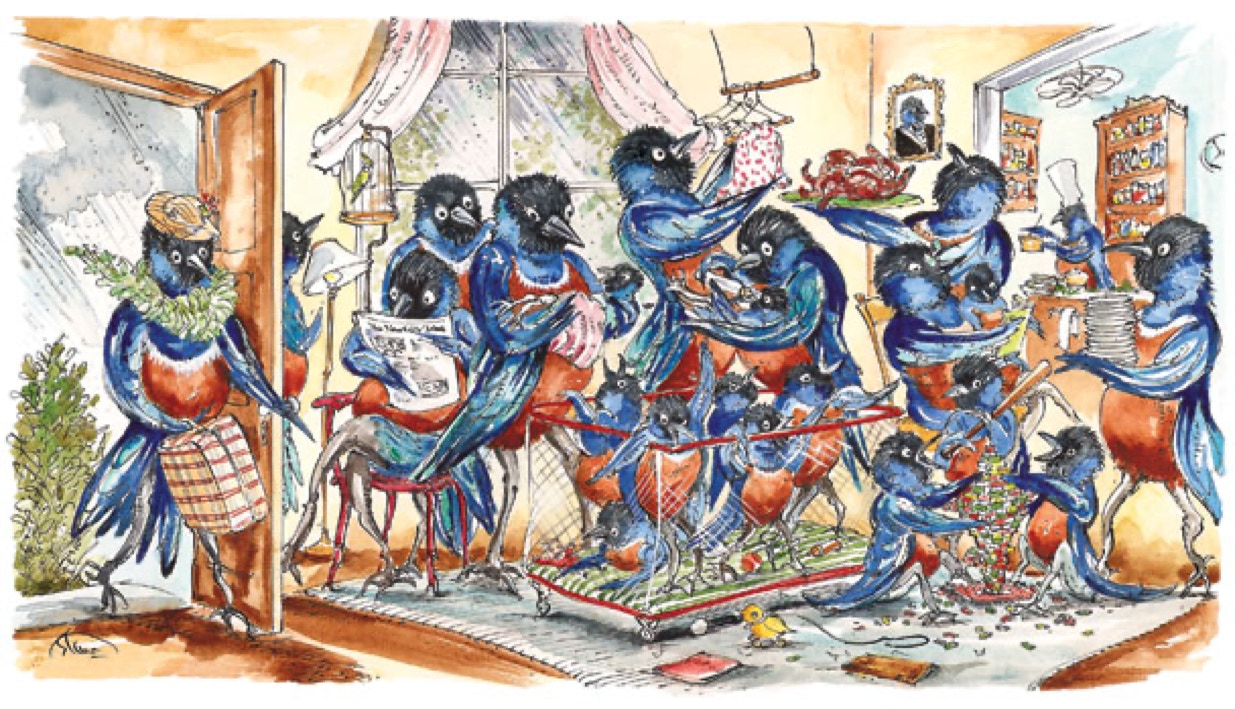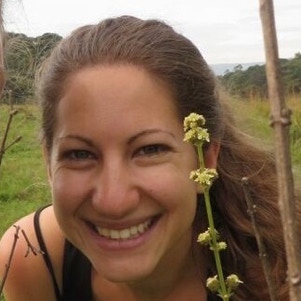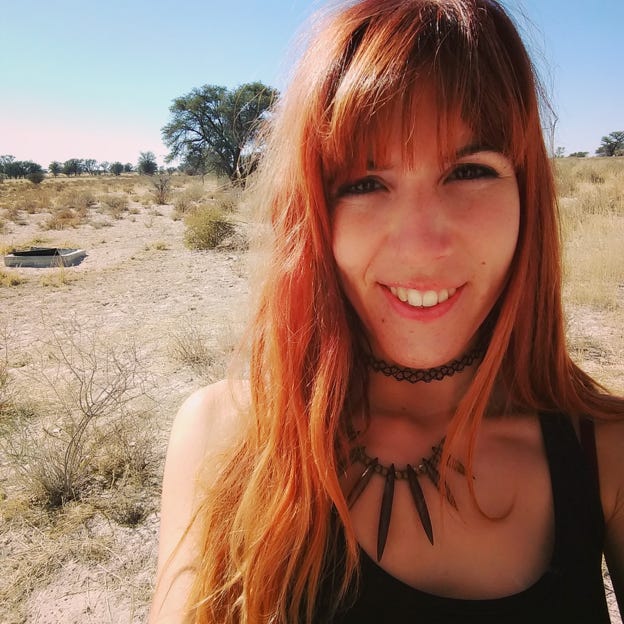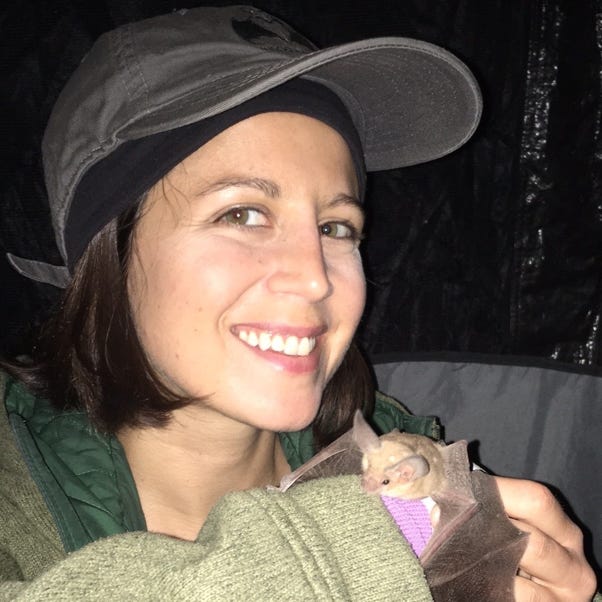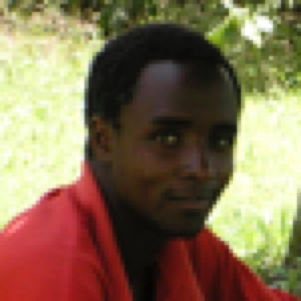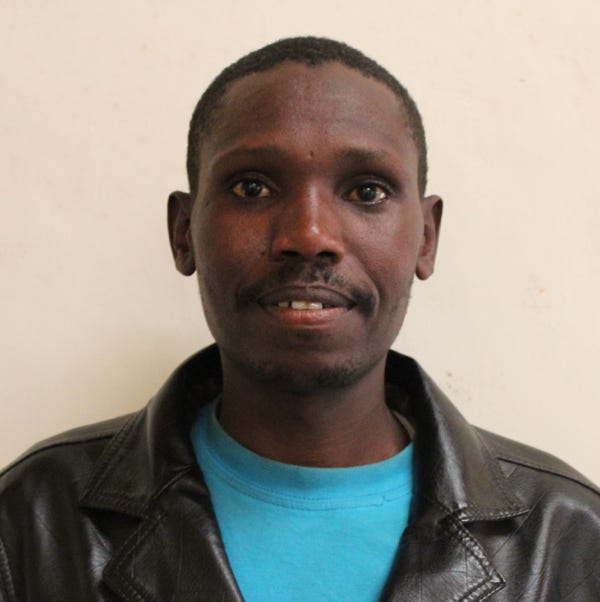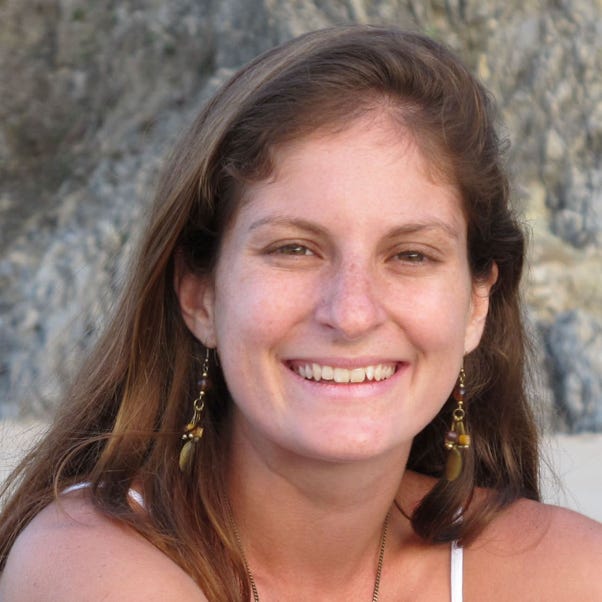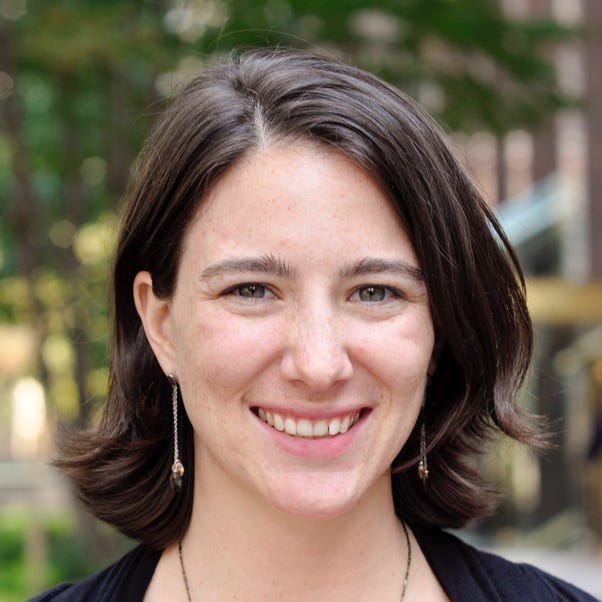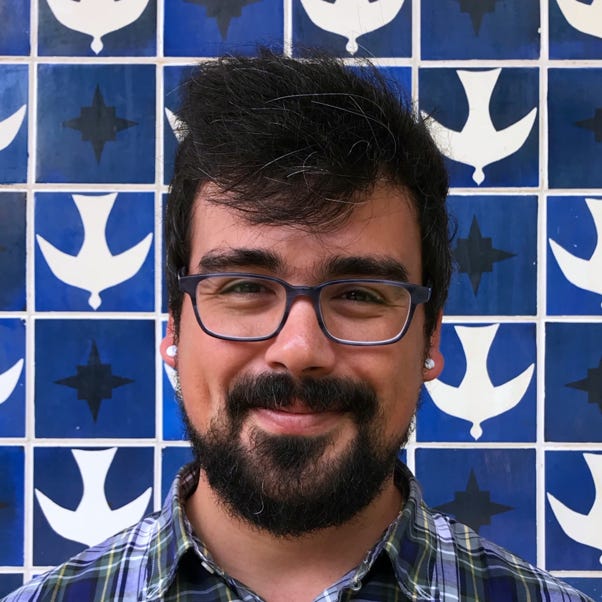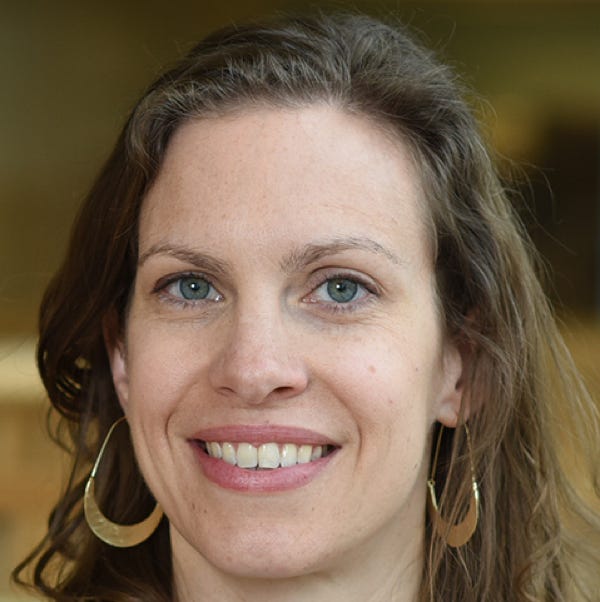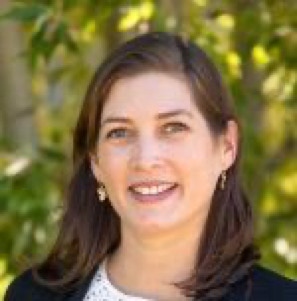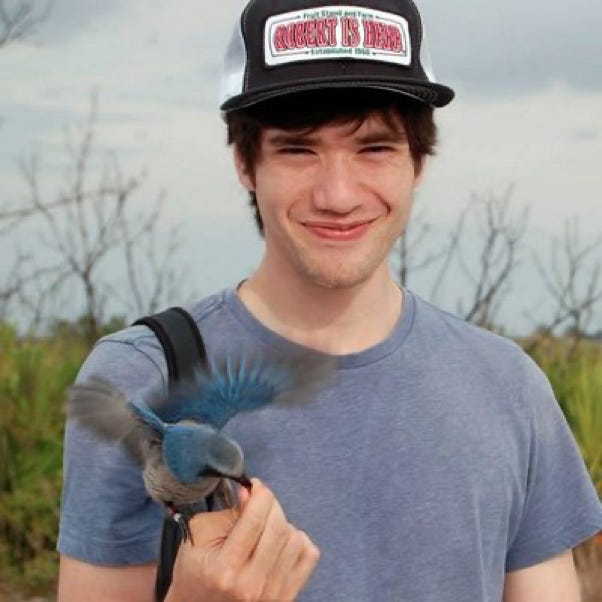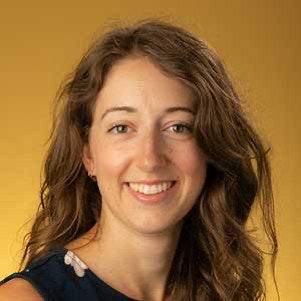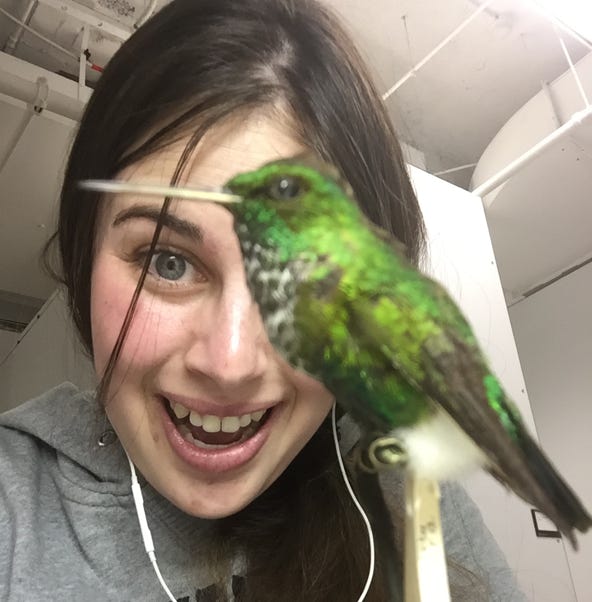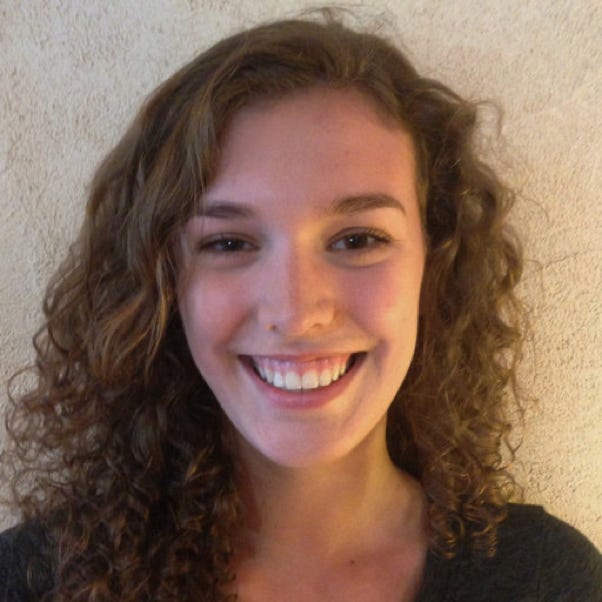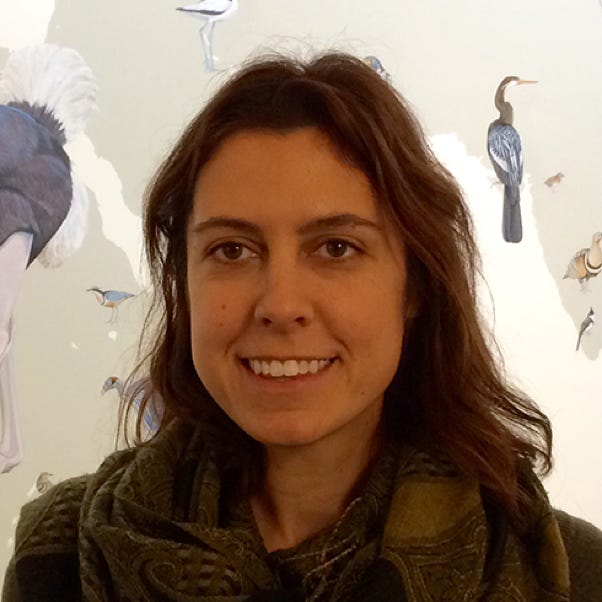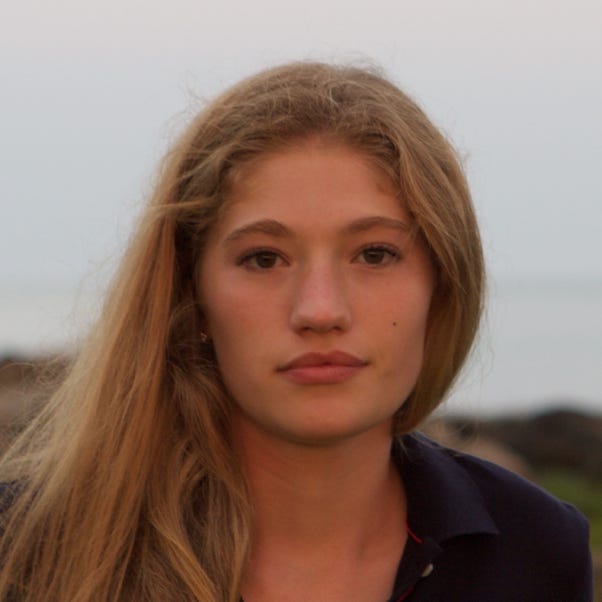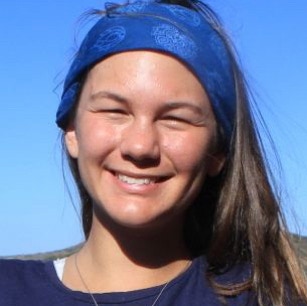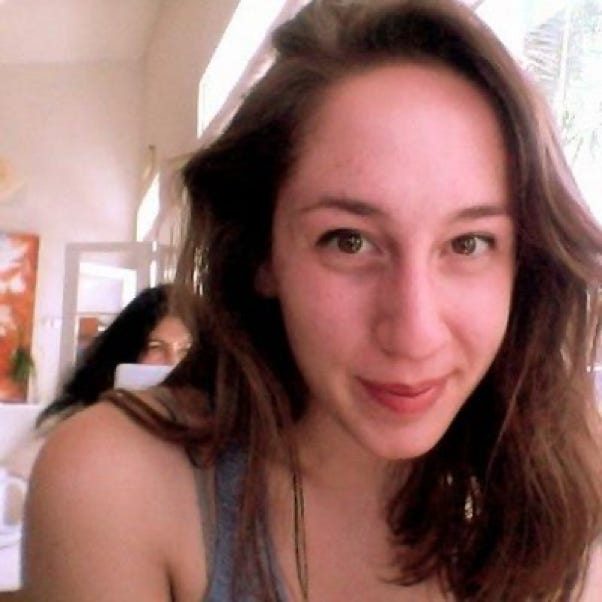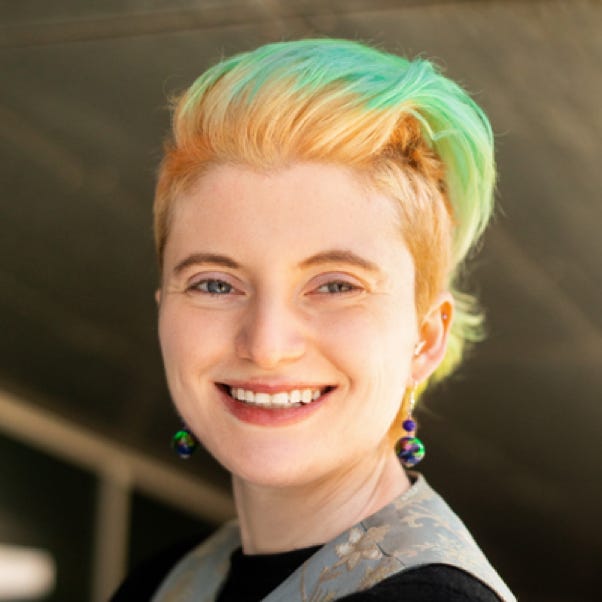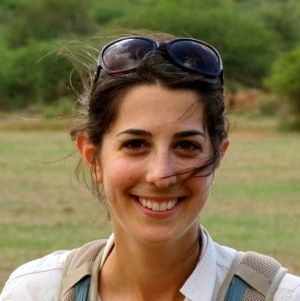Jerry Shuzhe Guan MA ’22
PhD student, Harvard University
Catherine Yung-Yi Lan MA ’21
MD student, Poznań Univ of Medical Sciences
Eleanor Diamant MA ’17
PhD, UCLA
Postdoctoral Fellow, Ben-Gurion University
Yuki Haba MA ’17
PhD, Princeton University
Postdoctoral Associate, Harvard University
Alyxandra Pikus MA ’17
Senior Program Manager,
Oxbridge Academic Programs
Natalie Hofmeister MA ’15
PhD, Cornell University
Michigan Society of Fellows, Univ Michigan
Rebecca Kelley MA ’13
PhD, New Mexico State University
Senior Data Scientist, Amazon
James Kealey MA ’12
Science teacher,
Richmond High School, Richmond CA
Kathleen Apakupakul MA ’12
Research Associate
Institute for Conservation Medicine,
Saint Louis Zoo
Sara Keen MA ’11
PhD, Cornell University
Senior Research Scientist, Earth Species Project
undergraduate thesis students
Arden Berlinger CC ’20
Science Research Fellow
PhD student, University of Cambridge
Hannah Skolnik CC ’15
Amgen Scholar
DVM, UC Davis
Resident Veterinarian, University of California San Francisco
Laura Booth CC ’15
Tennessee Valley Biologist,
National Park Service
Lucia Weinman CC ’14
PhD, Rutgers University
Postdoctoral Scholar, UC Davis
Julia Pilowsky CC ’12
MA, Tufts University
PhD, University of Copenhagen
Postdoctoral Scientist, Cary Institute
Caitlin Dean CC ’12
JD, University of Michigan
Associate, Fish & Richardson
Lea Pollack CC ’12
Summer Undergraduate Research Fellow
PhD, UC Davis
Postdoctoral Fellow, University of Minnesota
Jeremy Law CC ’11
MA, Columbia University
Certified Arborist/Natural Resources Specialist, AKRF
